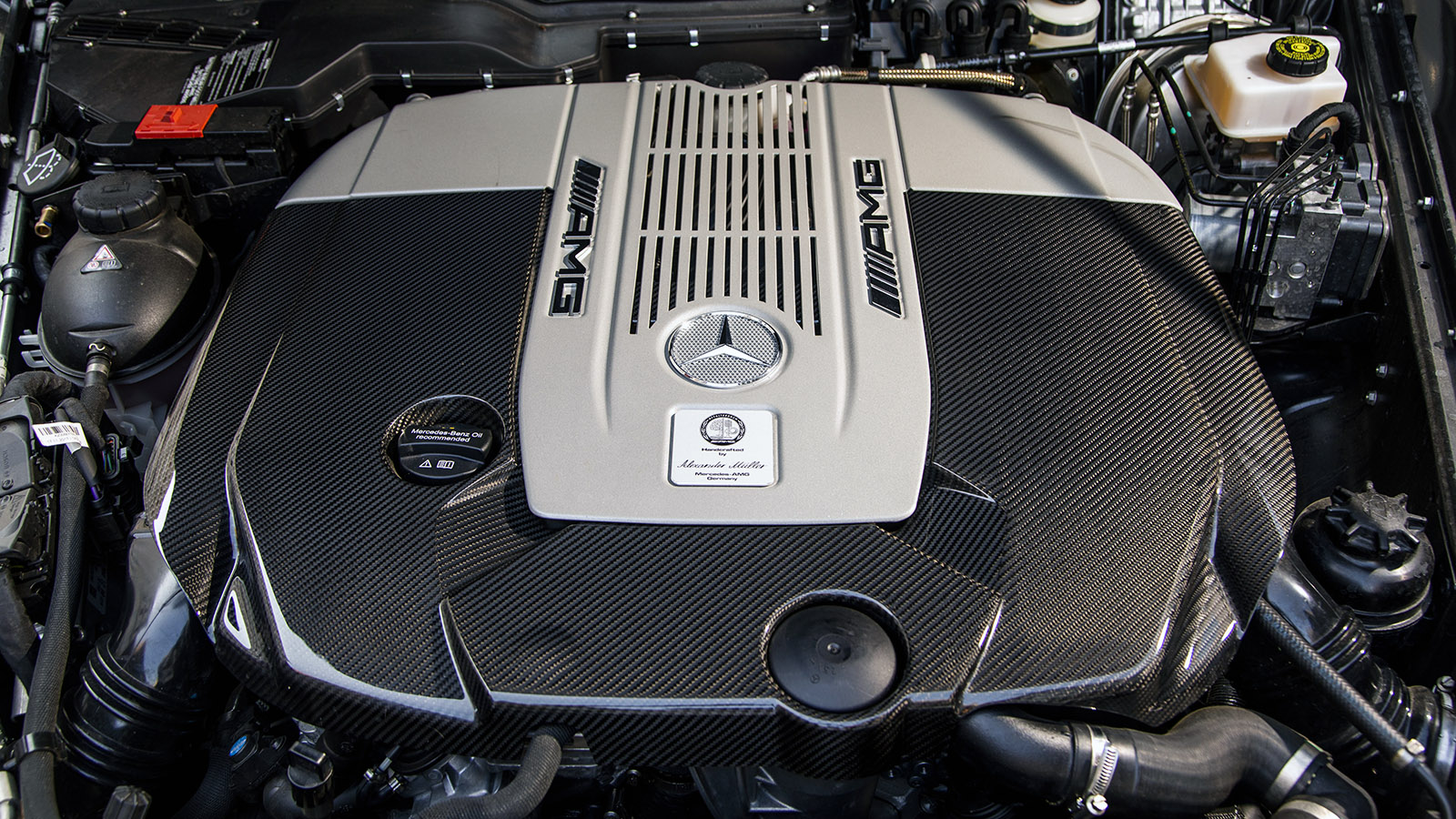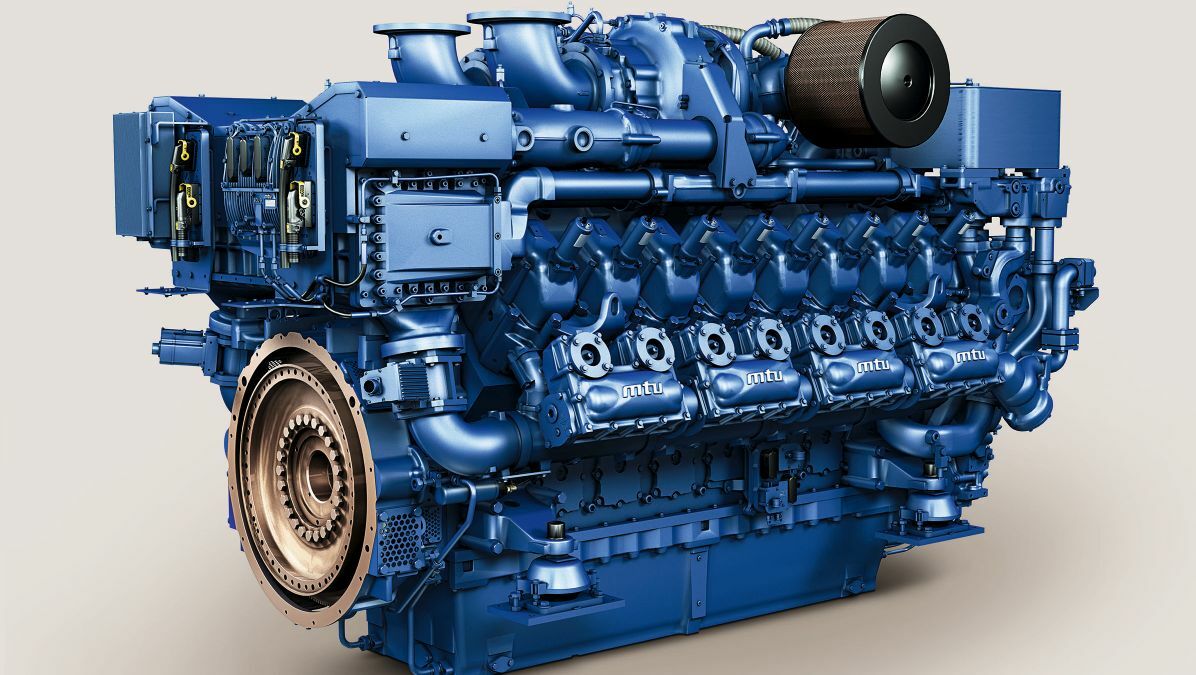Engines for Africa at Competitive Rates: Your Preferred Vehicle Components Shop
Engines for Africa at Competitive Rates: Your Preferred Vehicle Components Shop
Blog Article
The Influence of Cutting-edge Engine Technologies on Power Efficiency and Environmental Sustainability
In the realm of transport and commercial machinery, the continuous quest for boosted power performance and reduced environmental effect has brought about significant improvements in engine innovations. From the progressive shift towards hybrid and electric systems to the combination of turbocharging for improved effectiveness, the landscape of engines is progressing swiftly. The use of alternate gas even more branches out the options available for lasting power resources. These innovations not just assure a greener future but additionally hold the possible to reinvent the method we approach power intake and ecological sustainability.
Development of Engine Technologies
The progression of engine technologies over the decades has been noted by regular development and refinement in search of improved performance and efficiency. From the early days of inner burning engines to the cutting-edge crossbreed and electric powertrains of today, the development of engine modern technologies has actually been driven by an unrelenting pursuit for improved gas performance and decreased discharges.
One considerable landmark in this advancement was the development of turbocharging and straight shot systems, which dramatically increased engine power outcome while enhancing fuel effectiveness. These modern technologies permitted smaller sized, extra lightweight engines that might provide the efficiency of bigger ones without jeopardizing on performance.
In addition, advancements in materials scientific research have actually led to the prevalent adoption of lightweight materials such as light weight aluminum and carbon fiber in engine construction. This has not just decreased general lorry weight however has actually also enhanced engine effectiveness by decreasing energy losses associated with inertia and rubbing.
Advantages of Electric and Crossbreed Systems
With the growing focus on sustainability and power efficiency, what advantages do hybrid and electrical systems supply in the realm of engine technologies? Additionally, electrical and hybrid systems are much more energy-efficient, transforming a higher percent of stored energy right into propulsion contrasted to traditional engines. Hybrid systems combine the advantages of electric propulsion with the adaptability of a combustion engine, offering prolonged driving varieties and reducing variety anxiety for consumers transitioning to electrical lorries.
Turbocharging for Improved Efficiency
Innovative engine technologies like hybrid and electric systems have actually led the way for advancements in lorry performance, with turbocharging arising as a vital method for improving general efficiency and sustainability. Turbocharging jobs by utilizing a generator to force even more air right into the combustion chamber, allowing for better fuel burning and enhanced power outcome without a substantial rise in engine dimension. This procedure, referred to as forced induction, allows smaller sized, a lot more fuel-efficient engines to produce power levels similar to larger ones. By making the most of the effectiveness of the burning procedure, turbocharged engines can attain enhanced fuel economic climate and minimized exhausts, adding to environmental sustainability. Additionally, turbocharging enhances engine responsiveness, offering drivers with a more vibrant driving experience. The extensive adoption of turbocharged engines in both gas and diesel cars demonstrates their performance in stabilizing efficiency, effectiveness, and environmental influence. As vehicle producers remain to refine turbocharging technology, its duty in promoting energy efficiency and sustainability in the transport field is expected to expand further.
Harnessing Alternate Fuels
Taking advantage of alternate gas offers an appealing opportunity for decreasing carbon exhausts and expanding the energy resources used in transportation. As the globe makes every effort to deal with environment change and reduce dependence on fossil fuels, alternative gas have gotten significant focus for their prospective ecological and economic advantages.
Biofuels, such as ethanol and biodiesel, are originated from renewable sources like sugarcane, corn, and algae, using a cleaner burning alternative to typical fuel and diesel. These fuels can be blended with existing petroleum gas or this post made use of in dedicated engines, offering a path to reduced greenhouse gas emissions and boost air quality.
Furthermore, hydrogen fuel cells have actually become a promising technology for zero-emission transportation. engines for africa. By converting hydrogen gas into power to power electrical motors, fuel cell cars create only water vapor as a byproduct, eliminating unsafe tailpipe emissions totally
Along with minimizing carbon exhausts, alternate fuels can also boost power security by expanding the gas mix and decreasing reliance on imported oil. Accepting alternative gas in transport is a critical action in the direction of attaining a much more sustainable and eco-friendly future.

Environmental Advantages and Future Potential customers
The ecological benefits of alternative gas and their capacity for lasting sustainability are essential factors to consider in the transition towards cleaner power sources. Alternate gas, such as biofuels, hydrogen, and electrical energy, offer substantial environmental benefits contrasted to traditional nonrenewable fuel sources. These fuels generate lower degrees of greenhouse gas exhausts, reducing air pollution and mitigating environment adjustment influences. Additionally, alternate fuels can help branch out power resources, boosting power protection and decreasing reliance on limited sources.
The future prospects for alternative fuels in the transportation industry are encouraging. Advancements in innovation remain to enhance the efficiency and affordability of alternative fuel lorries, making them a lot more easily accessible to customers. Federal governments worldwide are additionally applying policies to incentivize the fostering of different gas, additionally driving their development. As r & d initiatives broaden, the capacity for even greener and extra sustainable fuel choices enhances, paving the way for a cleaner and a lot more eco friendly transportation industry. By embracing different gas and ingenious innovations, the course in the his comment is here direction of an extra lasting future becomes increasingly possible.

Verdict
In conclusion, cutting-edge engine innovations have played a vital function in boosting energy efficiency and promoting environmental sustainability. The evolution of engine technologies, adoption of electric and hybrid systems, usage of turbocharging, and exploration of alternative fuels have all contributed to enhancing and lowering emissions effectiveness.
In the realm of transportation and industrial equipment, the continual pursuit for boosted energy efficiency and decreased environmental influence has actually led to considerable innovations in engine modern technologies. Turbocharging works by utilizing a turbine to compel even more air into the burning chamber, enabling for much better fuel burning and boosted power outcome without a significant increase in additional reading engine dimension. By optimizing the effectiveness of the burning procedure, turbocharged engines can attain better fuel economy and lowered discharges, contributing to environmental sustainability. Alternative gas, such as biofuels, hydrogen, and power, offer substantial environmental benefits contrasted to conventional fossil gas. The development of engine technologies, fostering of hybrid and electrical systems, use of turbocharging, and exploration of alternate fuels have all contributed to minimizing exhausts and enhancing performance.
Report this page